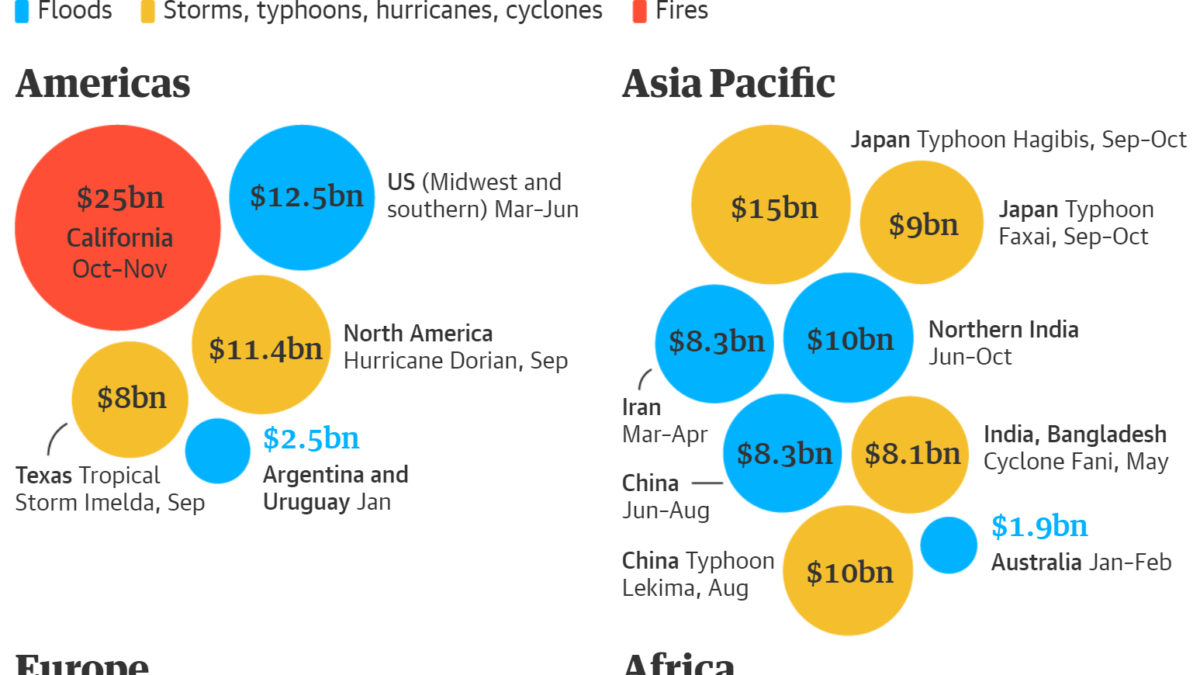World entering a ‘third era’ of climate change in which impacts are unavoidable
By Samuel Nota, alertnet
14 March 2012 After 20 years dominated by inaction on climate change, the world is entering a “third era” when the impacts of climate change are unavoidable, says a London climate expert. Even if countries instantly reduced carbon emissions to zero, the impacts of emissions already in the atmosphere are “inevitable and unavoidable for the next 20 or so years,” said Saleemul Huq, a climate expert at the London-based International Institute of Environment and Development and former executive director of the Bangladesh Centre for Advanced Studies. Speaking at a recent program on climate change in South Asia, Huq, whose work focuses mainly on Least Developed Countries (LDCs), said climate change will have “disproportionate impact” on poorer and less developed countries and called for large industrialized countries to begin taking the problem more seriously. However, the new “third era” of climate change – the period beyond early awareness of the problem and initial efforts to solve it, such as the Kyoto Protocol – is different from earlier periods in that “today even rich, industrialized nations are affected,” Huq said, and now “adaptation is central not only to poor countries, but these rich ones as well.“ Huq said his native Bangladesh, a low-lying, heavily populated country expected to be one of the most seriously at risk from climate change, has shown leadership in creating a national action plan focused on adaptation, and putting $100 million a year of its own funds into adaptation efforts.
One of the most serious problems facing South Asia is the expected long-term impacts on agriculture of climate change, particularly as Himalayan glaciers melt and affect water availability. “Not only is climate change a problem with mountains, but with food security as the basin at the foot of the Himalayas is the most heavily irrigated area in the world,” said Andreas Schild, the outgoing director-general of the International Centre for Integrated Mountain Development, and one of the speakers at the program. A haze of black carbon emitted by industries in China and blowing across the region already has reduced agricultural production by 5 percent to 10 percent in the Himalayan basin, he said. Drops in water availability and agricultural production as the “third era” progresses will hit women in South Asia particularly hard, predicted Natalie Bennett, a journalist and politician who leads the UK Green Party women’s group. “Women will be the ones bearing the brunt of climate change. … They must adapt,” Bennett said, noting that 60 percent of the world’s chronically hungry already are women. […]
World entering a ‘third era’ in efforts to deal with climate change – expert via The Oil Drum


typo in the headline…are x 2. I read your blog every day. Thanks for all you do.
Thanks, fixed!